Donald Trump has often been portrayed as a transactional leader, focusing on deals and personal gains over traditional values or alliances. His approach to governance is marked by an unapologetic opportunism that sets him apart from many other world leaders. For Trump, every interaction is viewed through the lens of a zero-sum game where there must be a clear winner and loser.
“Donald Trump is commonly described as transactional. At some level, however, all leaders are transactional.”
While some may find this style alarming, it presents both challenges and opportunities for countries and companies worldwide. Those accustomed to relying on established alliances with the United States will need to adapt to this shifting landscape. Global markets are expected to experience turbulence as actors recalibrate their strategies in response to Trump’s presidency.
As we delve deeper into understanding the implications of Trump’s leadership style, it becomes evident that his administration represents a significant departure from the post-World War II order that has governed global affairs for decades. The rise of China, coupled with a growing skepticism towards free trade and globalization, has contributed to reshaping international dynamics.
“For countries that have historically relied on Washington’s friendship, the next years will bring painful disruptions.”
European nations, in particular, are reassessing their relationship with the United States amidst calls for increased defense spending and efforts to appease Trump through economic measures such as purchasing more American goods. Similarly, emerging economies like India are adopting pragmatic approaches to engage with a transactional president who prioritizes mutual benefits over shared values.
The role of family connections within Trump’s inner circle cannot be understated in influencing diplomatic relations. The involvement of individuals like Ivanka and Jared Kushner in decision-making processes has led countries to explore avenues for building rapport with influential figures close to the President.
“If U.S. allies have clear strategies to appeal to Trump world—flattery, deals—they’re less obvious for adversaries.”
Rival nations such as Russia and China face challenges in navigating an increasingly volatile international environment under Trump’s leadership. While sanctions and geopolitical tensions persist between these powers and the United States, they also recognize opportunities amid global uncertainties.
Trump’s reliance on tariffs as a negotiating tool introduces complexities into international trade dynamics. The short-term impacts of such policies can lead to inflationary pressures and market volatility while potentially altering long-term economic landscapes.
As smaller nations grapple with limited leverage in shaping global transactions under a more assertive U.S., concerns arise about their ability to navigate power dynamics effectively. The evolving nature of diplomacy in this transactional era underscores the need for agile responses from all stakeholders involved.
In contrast to preceding administrations, characterized by rhetoric emphasizing universal rights and multilateral cooperation,…
[This engaging narrative continues expanding on how different regions interact within this new transactional paradigm.]




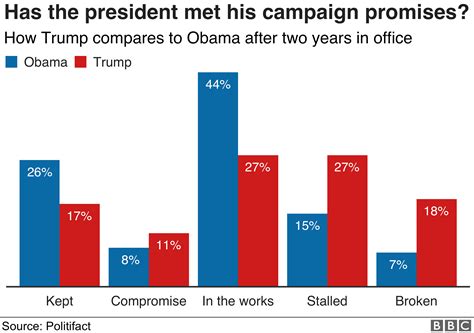
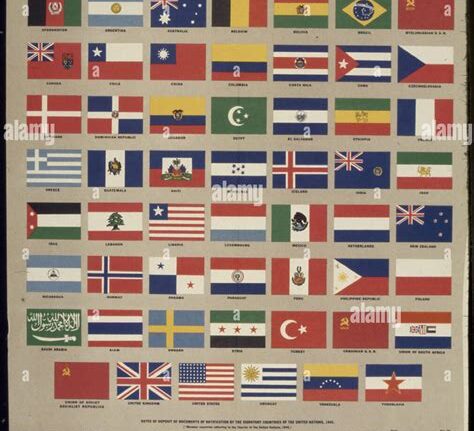
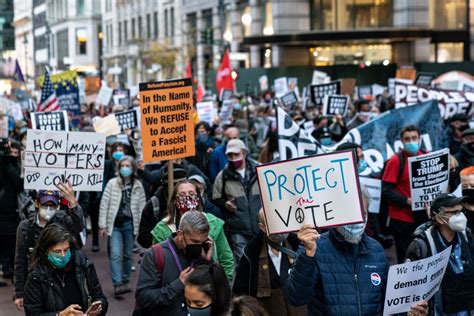

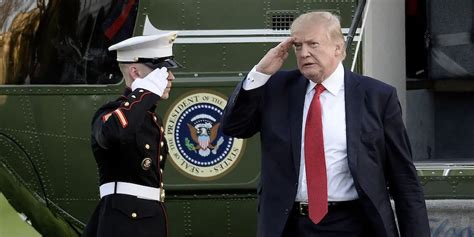

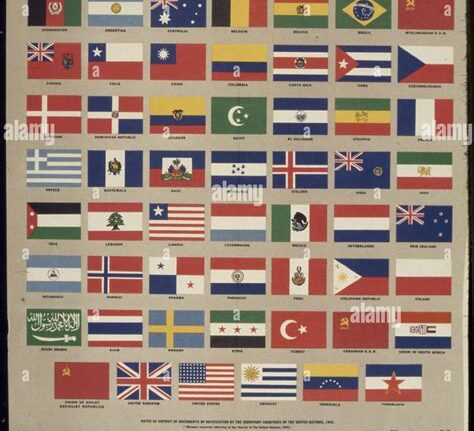
Leave feedback about this